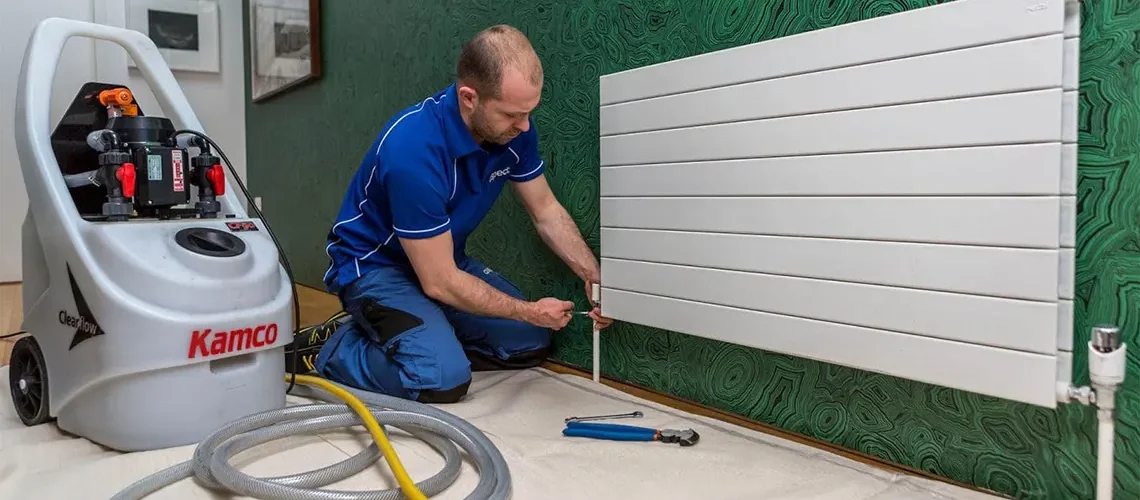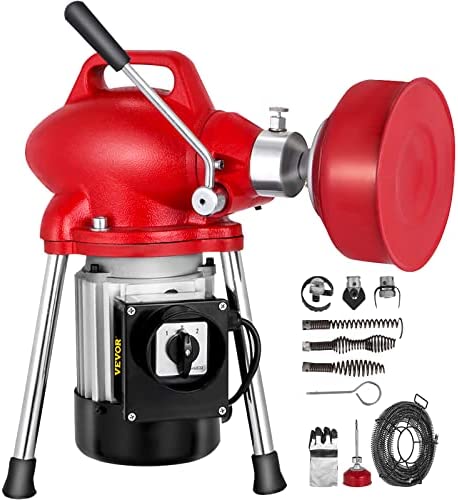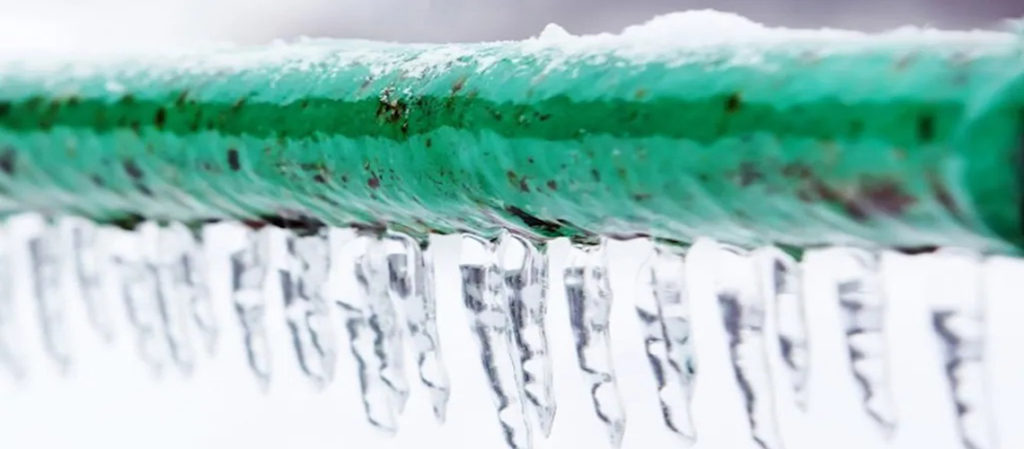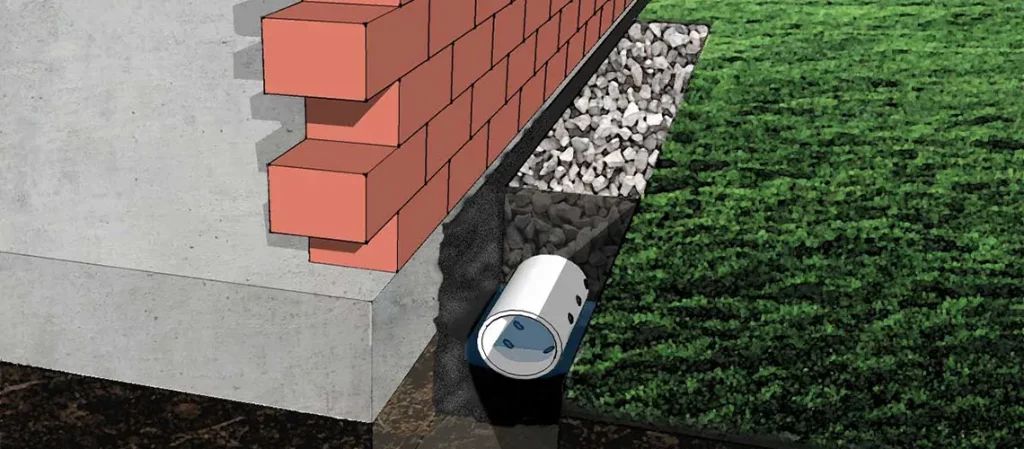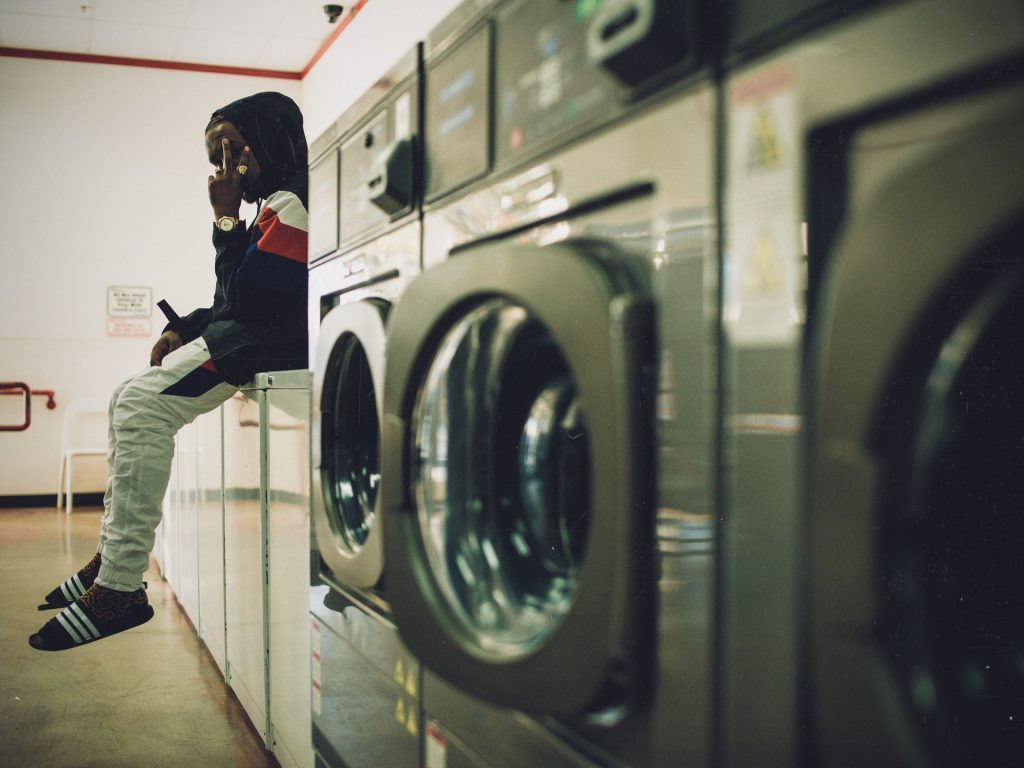The central heating system can become clogged with dirt and sludge over time. Flushing keeps your central heating system running efficiently and helps prevent boiler failure. If your system has been running for a long time, it may be time for a flush.
Flushing is a way to remove rust, sludge, and debris that accumulate in your central heating system over time. By eliminating dirt and clogged pipes, you will extend the life of your central heating system and ensure it works more efficiently to heat your home.
Contents
Power Flush for Heating System: What is It?
A central heating power flush is also known as “hard flush” or “jetwash”and is used to clean heating systems with water in combination with vigorous mobilizing and cleaning agents.
The flushing is done at high speed, but at low pressure so as not to damage the system. The heating circuit is cleaned of lime scale and corrosion residues.
No debris is left in the system to create a blockage, eliminating the possibility of damage or inefficiency if they had remained in place.
How Does Central Heating Power Flush Work?
What does a power flush do? Flushing is an effective way to clean your heating system.
Through the process, a powerful pumping unit is connected directly to your central heating system, you have a combination boiler or a system boiler, and the flush pump connects to the circulation pump. That can also go through the end of the tail of the radiator.
After connection, this pump will flush the piping with a mixture of chemicals. That will remove sediment and rust from the system, destroy limescale and prevent rust from reappearing. The chemicals remove the oil, scale, and other contaminants after the sediment. Your plumber will run clean water through the pipes to remove all the contaminated fluid from the system and dispose of it properly.
The result of forced flushing is that the boiler and the rest of the central heating system become more efficient. The circulation through the pipes and radiators is improved, and the boiler does not have to work as hard to heat the house and the water. So the overall result is that you save money on your gas bills.
If your heating system needs forced flushing and you choose not to do it, the problems will almost certainly get worse. Circulation through the pipes and radiators will slow until very little hot water passes through them. It means the house will not heat up, the boiler will run for no real reason. As a result, energy will be wasted, and of course – money.
We recommend calling specialists who will come to your home and fix the problem. You can also use the services of commercial plumbing contractors if you have heating problems, for example, in your office.
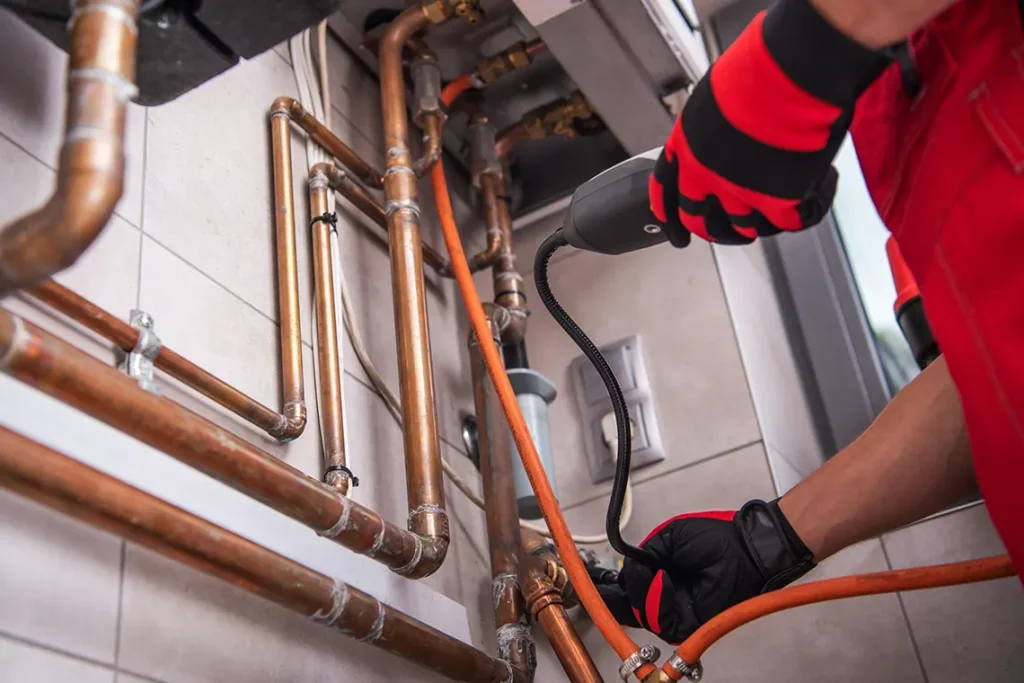
Pros and Cons of Power Flushing
The power flush for heating system has its own advantages and disadvantages.
| Pros | Cons |
| Improves Heating Efficiency | Can Be Expensive |
| Extends System Lifespan | Risk of Damaging Older Systems |
| Reduces Energy Bills | May Not Fix All Issues |
| Prevents Boiler and Radiator Breakdowns | Requires Professional Service |
| Removes Sludge and Corrosion | Time-Consuming Process |
| Enhances Water Circulation | Temporary Disruption to Heating Service |
| Improves Radiator Heat Distribution | Potential for Leaks Post-Flushing |
Pros:
- Electric flushing increases the efficiency of the central heating system.
- Flush can reduce excessive noise from the boiler.
- Flushing is a long-term investment that should pay for itself over time by increasing the efficiency of the heating system.
- Cleaning the heating system extends the life of both the boiler and radiators.
Cons:
- This method is only really effective for heating systems, and more severely clogged systems must be disassembled and cleaned manually with tools.
- If you are considering flushing your system, some companies prey on uninformed customers and may try to convince you to buy an expensive flush that you don’t need, or charge you double what it costs. It’s always a good idea to get more than one quote and look online for recommendations and reviews of the companies you are considering.
- The condition of your plumbing must be pretty specific for flushing to be the best choice, and you may end up throwing several hundred pounds down the drain which you could have done with a cheaper solution. However, if your system meets the criteria, flushing is definitely worth it.
After reading the previous information, are you still in doubt about ordering the service? There are several ways to know if a radiator flush is a good idea for your home:
- The color of the water in the radiator. When you drain the entire contents from your radiators, it’s worth paying attention to the water. If it’s muddy and it has bits of debris or sediment in it, you’ll almost certainly need a flush.
- Noisy boiler. A constant rumbling, clicking, or banging noise indicates that something is wrong with the boiler itself or with the system. A boiler power flush can eliminate it.
- You should have your boiler serviced – and if so, there may be a buildup of sludge and clogged pipes putting a lot of pressure on the boiler that can be reduced with a flush.
- Age of the system. If your central heating system hasn’t been flushed for a long time – like ten years – it’s worth having a flush – you might be surprised how much better your heating will get!
- A new boiler? You don’t want to spend thousands of pounds on a new boiler only to have it damaged later because the system isn’t working. If you have a new boiler installed, you should have your radiators flushed.
If you want to save money on the flush, the following information is for you. The best way to save money on forced flushing is to properly maintain your radiators throughout their lifetime to reduce the need for invasive sediment and deposit removal.
Servicing your radiators every five years with a forced flush will be enough, but there are other preventative measures you can look at to make sure you are choosing the best option for your home.
If you’re not sure that pressure flushing is what you need, there are other options for cleaning your heating system:
- Forced flushing.
- MagnaClean.
- Chemical flushing.
Is your home heating system worth flushing? The answer to this question depends on how damaged your heating system is. If the whole system shows signs of poor circulation, then a forced flush will probably be worth the money you pay. If, however, only a few radiators are suffering from cold spots, it will probably be much quicker and easier to remove the radiators from the wall and flush them individually. However, to be sure, it is worth seeking the advice of a heating system flushing specialist.
FAQ about central heating Power Flush
A central heating power flush is a process of cleaning the central heating system by using a powerful flow of water and chemicals that flush out any build-up of debris, rust, or sludge from the pipes, radiators, and boiler.
Over time, the central heating system can become clogged with debris, rust, and sludge, which reduces the efficiency of the system and can lead to expensive repairs or replacements. A power flush can help prevent these issues and improve the performance and lifespan of the system.
A power flush typically involves connecting a high-pressure pump to the heating system, circulating a cleaning solution through the pipes, radiators, and boiler, and then flushing out the debris with clean water. This process is repeated until the water runs clear.
The duration of a power flush can vary depending on the size of the heating system and the amount of build-up that needs to be removed. A typical power flush can take several hours to complete, but it can take longer for larger or more complicated systems.
It is recommended to have a qualified plumber or heating engineer perform a central heating power flush. They have the necessary equipment, experience, and knowledge to safely and effectively carry out the process. Attempting to perform a power flush yourself can be dangerous and can cause damage to the system.



